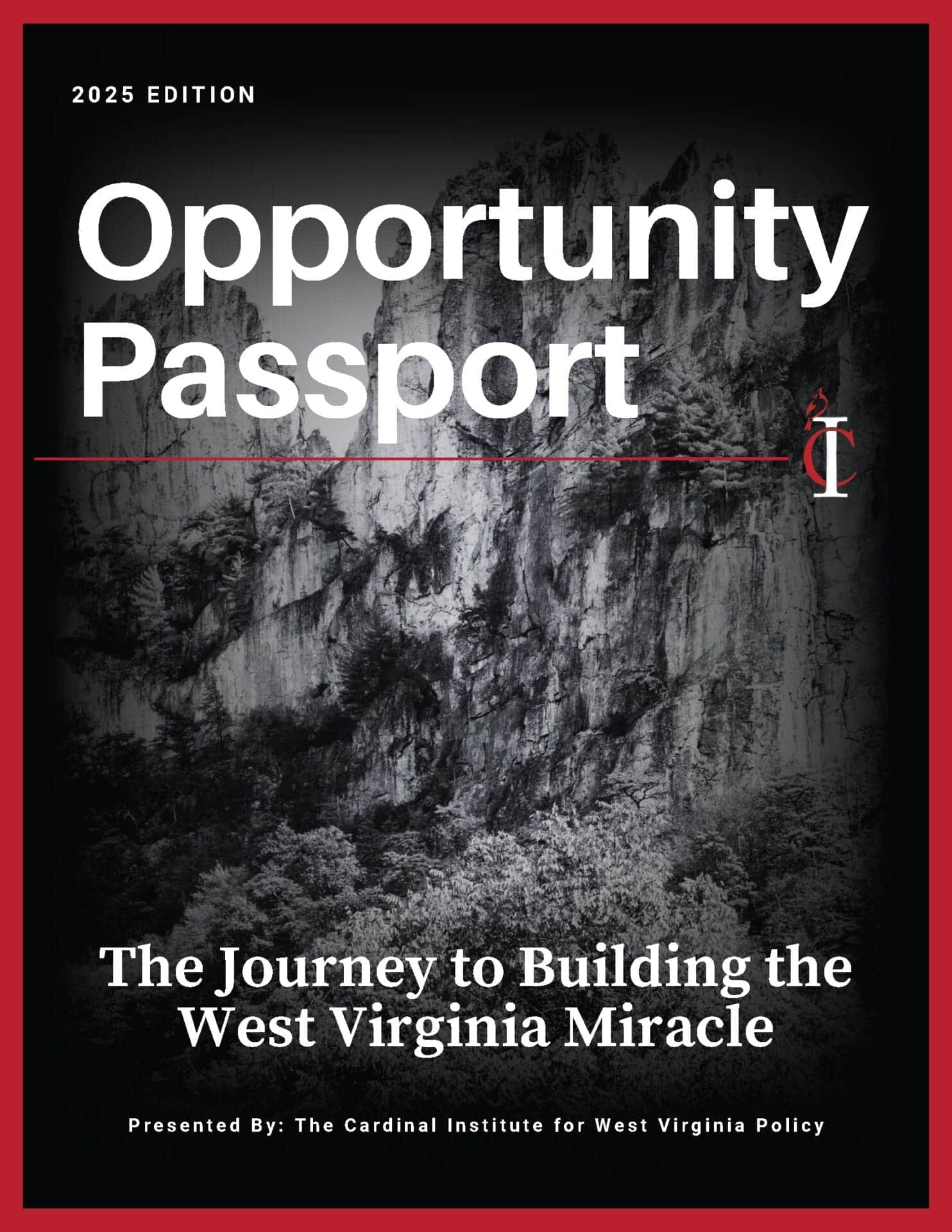
‘Tis the Season for Goodwill: Eliminate CON
Tis the Season to Enjoy West Virginia’s Beauty
Christmas is my favorite time of year; West Virginia’s tenacious spirit is perfectly exposed during the holiday season. It’s during these somber, chilly months that I miss my home state the most. However, this year’s yuletide pilgrimage back to the mountains to visit family and friends mingled festive cheer with a sobering reality: the absence of new health centers in a region teeming with growth. The Eastern Panhandle’s burgeoning population deserves access to quality health care, but it could be years before they’ll properly receive it.
Increasing Populations Mean More Need for Health Care
Over the past ten years, Berkeley County has witnessed a substantial 19 percent increase in its population. Of course, this is no shock to those familiar with the region. A short drive from Washington D.C. offers a lower cost of living and, perhaps, friendlier neighbors. Moreover, according to a report released by West Virginia University, the panhandle population is expected to grow annually at a rate of 1.0%.
Certificate of Need Laws Restrict Health Care Resources
Yet, an often-overlooked bureaucratic obstacle hinders the pressing need for plentiful, quality medical facilities. Certificate of Need (CON). This regulatory framework, supposed by bureaucracy to ensure “the efficient allocation of health care resources,” paradoxically poses a significant threat to the access of health care services in the region. (CON is more like a lump of coal in the stocking of progress.) Rather than allowing potential health care service providers the opportunity to freely open businesses and offer care to residents who need it, those who hope to set up health care must first be approved by a regulatory board to do so.
CON Laws Foster Cronyism in Health Care
This convoluted system, which rolls out the red carpet for some existing providers, is less about patient well-being and more about fostering cronyism. Under the guise of CON, states grant incumbent providers an outsized say in green-lighting new facilities and services.
In this cozy arrangement, politically connected providers and their posse can effortlessly navigate the maze. They can secure approvals for new facilities or equipment with the ease of a VIP. Meanwhile, those brave souls attempting to kickstart new ventures in the state are left knocking on a door that’s mysteriously locked. It’s a regulatory masquerade where the well-connected waltz on through. Unfortunately, the aspiring newcomers must twiddle their thumbs outside the realm of opportunity.
Of course, an existing monopoly in the area has plans to expand services, but it misses the point entirely. Without CON, anyone could open any health facility whenever they wanted. Instead, West Virginia has created an expensive wait list for hopeful approval. West Virginia should allow business and health entrepreneurs the room to flourish organically.
Eliminate Certificate of Need Laws
West Virginia can opt for a more sensible path that liberates business and healthcare entrepreneurs from such burdensome regulatory constraints. Undeniably, the time has come to unwrap the regulatory conundrum and tear down barriers, ensuring that quality healthcare can thrive in the growing Eastern Panhandle. Elimination of CON is not a choice; it’s a crucial step towards unlocking the full potential of our new communities’ well-being and growth.
Jessica Dobrinsky-Harris is a Contributor to the Cardinal’s Nest blog and former Policy Fellow.
Read Jessica’s previous work on CON laws in health care.
A Growing Body of Research on Certificate of Need Regulations
Certificate of Need Laws: A Brief History








